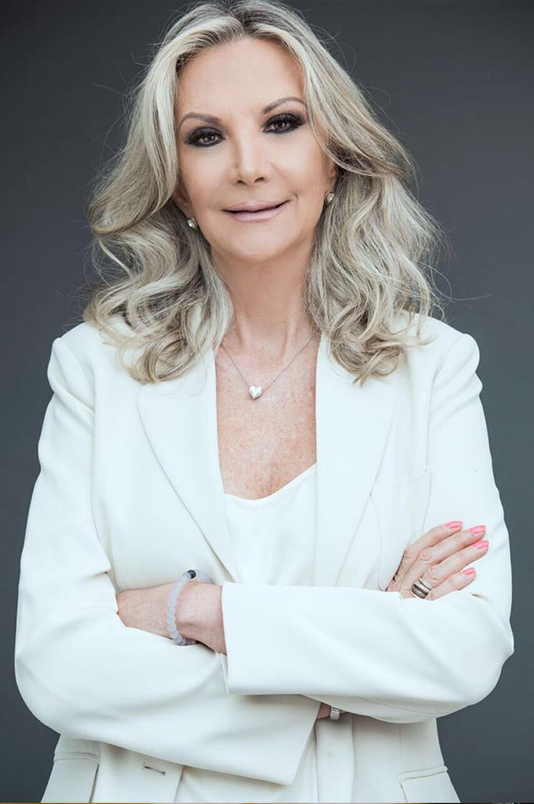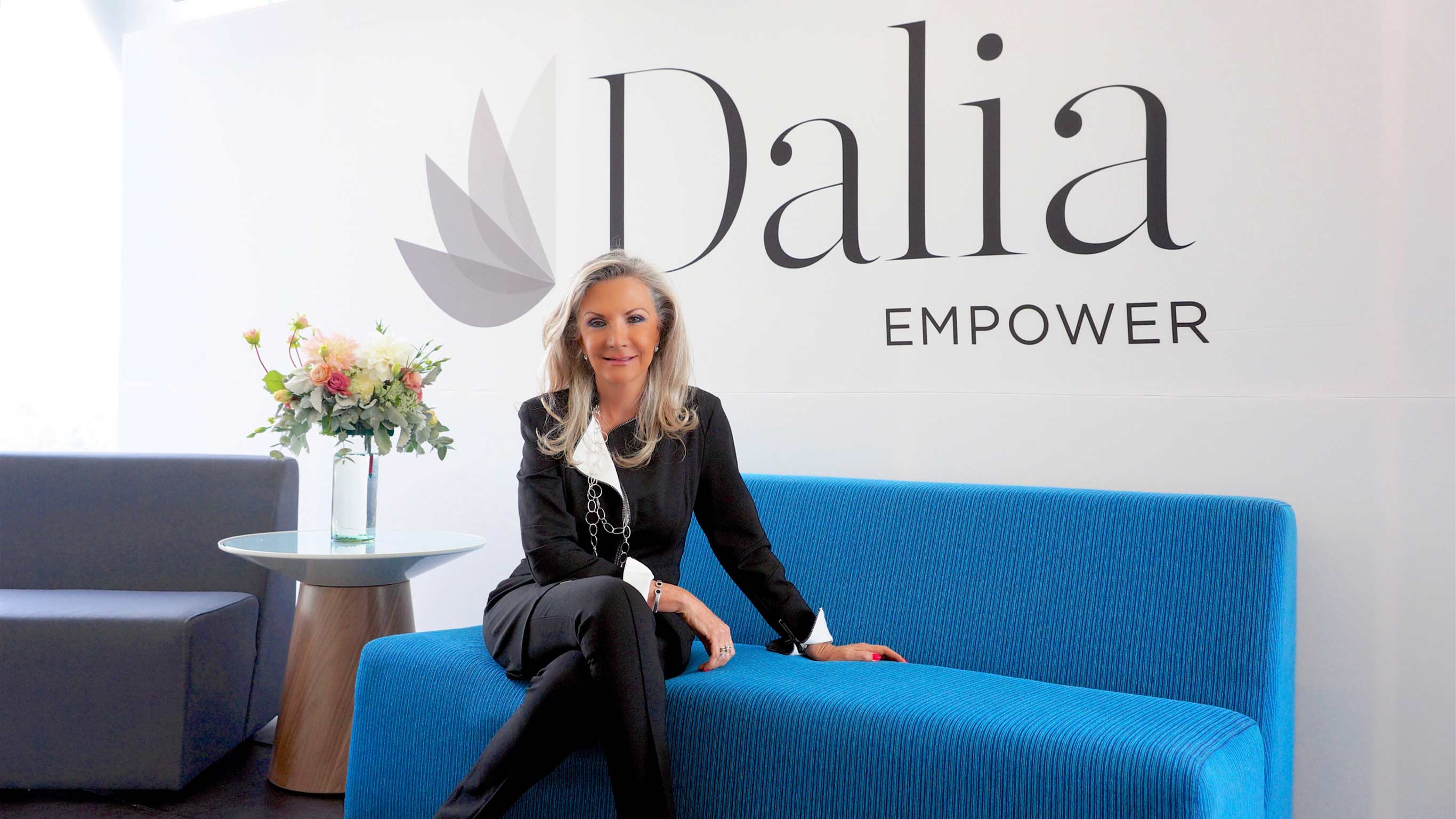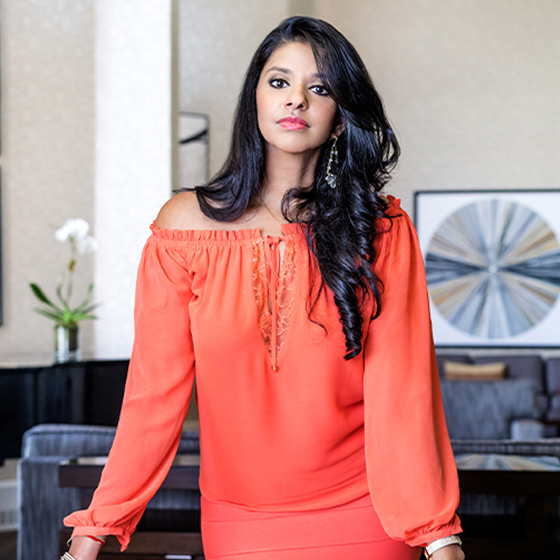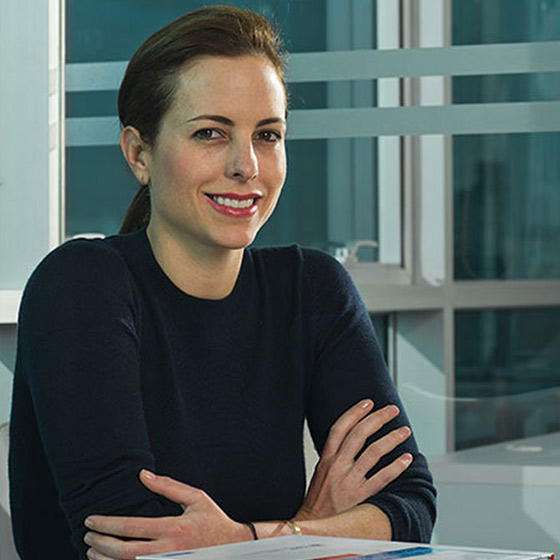Stepping away from the family business
Sheer determination to drive positive change would become the defining feature of Gina’s subsequent career. When I see something that needs improvement, it really gets my mind going,
she says. Even when I was a small child, my mother used to say that I wouldn’t take ‘no’ for an answer. And I’ve always thought that was a good thing.
While she enjoyed breaking new frontiers in publishing, her initial success gave Gina a realization.
Rather than continue working within the Mexican media empire her grandfather had founded several decades earlier, she wanted to emulate his visionary accomplishments by herself.
I had this increasingly powerful urge to step out from the Televisa organization and go it alone,
she recalls. It was within the world of real estate that Gina identified her next opportunity to make things work better. Building and refurbishing properties always struck me as an overly complicated process,
she says. It could easily require you to deal with five separate companies or more. Buying a strip of land, designing a building, constructing it, fitting out the interior, and buying the furniture each involved a different organization. Wouldn’t it be so much simpler going through just one company?
A start-up of her own
Gina’s solution was to establish Diarq, an abbreviation of the Spanish words for design
and architecture.
The company is a one-stop shop that combines architects, builders, interior designers, landscape gardeners and others. We started off as a small business, with a team of just five people. As well as making the whole process easier, my other goal was to encourage remodeling of buildings. I always found it so frustrating when I saw very old buildings being demolished to make way for new ones, as they are part of Mexico’s heritage.
From its tiny beginnings, Diarq achieved rapid success. The organization today has offices across Mexico and the US and employs more than 700 people. In total, it has completed more than 850 residential and hospitality projects.
At one point, we were actually growing too fast,
recalls Gina. One thing I learned is that big isn’t always better and so we eased back the pace of our development, growing more steadily.
Leaving a legacy
By creating her own highly successful venture, Gina had fulfilled a longstanding ambition. And yet, she felt she had much more still to do. Her grandfather had not only inspired her with his entrepreneurship but also with his service to society.
I had reached a turning point in my life,
says Gina.
Building a business and completing hundreds of projects is an accomplishment, sure, but it’s not a legacy. I asked myself what legacy I would leave behind for the people of Mexico.
Given her own early experiences, Gina’s answer was education. Finding a purpose comes from your past, I believe, rather than from your future. My mother had felt that female education wasn’t that important, but I knew differently.
So, I decided to give back by providing others – especially women – with the education that I hadn’t had.
Empowering others
When Gina announced her intention to start her own university, the response must have seemed familiar. Creating a university out of nothing was an enormous undertaking, the many skeptics pointed out. What’s more, Gina’s background was not in the field of education. A business consultant whom she contracted also cast doubt on the viability of the project. However, after six years of intense preparations, centro came into being.









